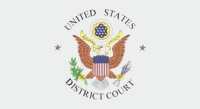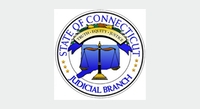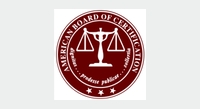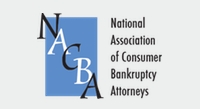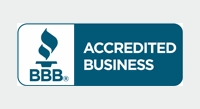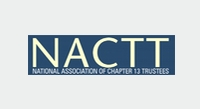Tax Debt and IRS Debt FAQs
Have you got questions about legal issues related to your tax debt? Are you facing a garnishee and what to know how to get out of it? If you’ve got tax problems you’re going to have questions so we’ve listed some of the most common questions people ask us below. If you have another question that isn’t listed below, please call our office at 860-449-1510 as soon as you can as we’d be more than happy to answer them for you.
- What is a Tax Lien?
- Are there ways to remove the tax lien?
- Can I enter into an installment plan?
- What is a Wage Garnishment?
- What income can the IRS Garnish?
- Can I get out of a Wage Garnishment?
- What is a Bank Account Levy?
- Can a Tax Professional Help?
- What happens at an Audit?
- What Should I Do Next?
What is a Tax Lien?
A tax lien is a legal filing by the Internal Revenue Service in the county where you live. Before the IRS will file a tax lien it will generally:
- Send you a notice that your tax is due
- Send you a notice of a tax delinquency
- Explain that you may be able to enter into a payment plan
- Explain that you have a right to appeal a finding of tax delinquency
The lien does not directly mean that the IRS is going to seize your assets. The filing of the lien is a way of letting anyone interested in your finances (such as entities that might give you a loan or other creditors) know that you owe the IRS money. A tax lien can damage your credit. If the IRS obtains a tax lien, they may then take the next step – called a tax levy – which is to attach your bank accounts or seize your assets
Are there ways to remove the tax lien?
Yes. A skilled tax debt lawyer can work to remove the lien in several ways. The lawyer may show that the tax you owe is less than the amount of the lien. The attorney may work with you to settle your tax debt through an installment plan or a lump sum. The lawyer may also argue that the IRS failed to follow proper procedures.
A tax debt lawyer can also help to stop a tax levy in similar ways as removing a tax lien.
Can I enter into an installment plan?
Debtors who owe less than $10,000 have a right to demand that they be allowed to pay off their tax arrears. The IRS usually will also allow a tax payment plan for debtors with $25,000 or less.
- Debtors must have filed all relevant tax returns.
- They must agree to make monthly payments.
- The length of the payment plan is generally six years or less.
- The payment plan will normally include penalties and interest that are due.
What is a Wage Garnishment?
Debtors who earn a salary or compensation that is paid by a third party may find that the IRS has garnished their wages. This means that the IRS has given a formal notice to your employer that a good part of your wages are to be paid directly to the IRS instead of you. Taxpayers can only keep a certain amount of their wages – the rest goes to the IRS until the debt is paid. The amounts that can be protected vary depending on whether the debtor is single or married and, how many children are involved, if the debtors is 65 or older and if the taxpayer is blind.
The amount that can be protected is often very small. It’s supposed to be enough to let you live – just barely. For most people, the best solution is to avoid the wage garnishment or work out a payment plan.
What income can the IRS Garnish?
The IRS can garnish wages, commissions, and bonuses. They may be able to garnish some retirement benefits such as pensions. Social Security retirement benefits are normally protected from garnishment.
Can I get out of a Wage Garnishment?
The IRS wants to get paid. Their prime concern is getting the money that is due – and not causing taxpayers emotional harm. The IRS can release the garnishment if the debtor agrees to an installment plan with the IRS and makes the plan payments.
What is a Bank Account Levy?
A bank account levy occurs when the IRS directly takes money from your bank account. The levy may reduce your bank account assets or even stop you from using the bank account entirely. In an IRS bank levy, the bank normally freezes your funds for 21 days before paying the IRS. There are ways to contest the bank levy or settle the tax debt – but you need to move fast. If the matter isn’t resolved in less than 21 days, your assets will be given to the IRS.
Can a Tax Professional Help?
Yes. An experienced tax debt attorney will work with you to:
- Complete and file all outstanding tax returns
- Work to obtain approval of installment payment plans
- Litigate adverse decisions by the IRS for which you have defenses. Defenses can range from a showing that you did indeed pay the taxes to legal arguments that the amount of income your reported or the deductions you took was legally justified.
What happens at an Audit?
A tax audit is a formal review of your tax returns to see if all the items on your tax return are legitimate. About 1% of all tax returns are audited. One main key is to avoid the red flags that might lead the IRS to think there’s something on the tax return that looks suspicious. An experienced tax attorney understands the common red flags such as excessive business deductions.
If you are audited, a tax attorney advocates for your before the audit and at the audit.
What should I do next?
The next step is to contact us at 860-449-1510 or fill out the free consultation form which will get the ball rolling to clearing your tax debts today!
Free Consultation
Tell us a little about your problem



